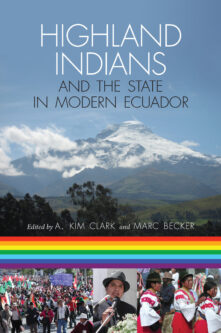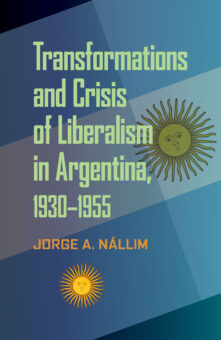Books
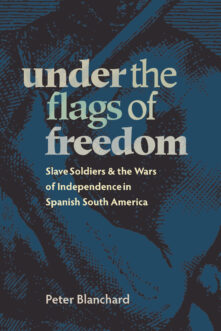
Under the Flags of Freedom
Slave Soldiers and the Wars of Independence in Spanish South America
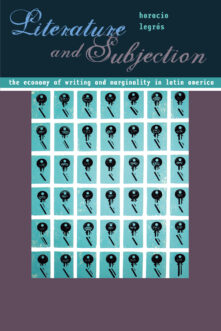
Literature and Subjection
The Economy of Writing and Marginality in Latin America
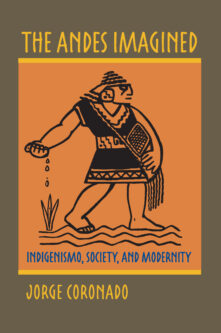
The Andes Imagined
Indigenismo, Society, and Modernity
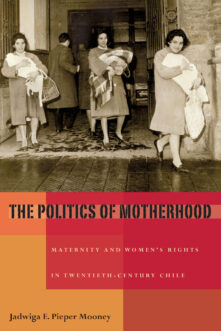
The Politics of Motherhood
Maternity and Women's Rights in Twentieth-Century Chile
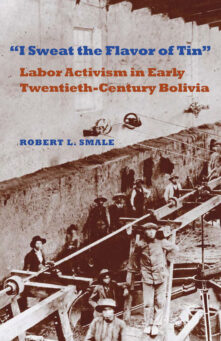
I Sweat the Flavor of Tin
Labor Activism in Early Twentieth-Century Bolivia
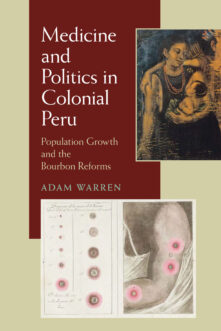
Medicine and Politics in Colonial Peru
Population Growth and the Bourbon Reforms
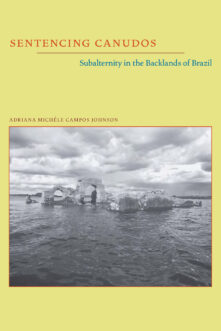
Sentencing Canudos
Subalternity in the Backlands of Brazil
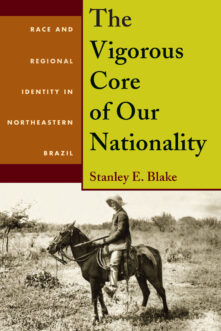
The Vigorous Core of Our Nationality
Race and Regional Identity in Northeastern Brazil
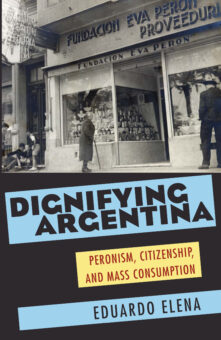
Dignifying Argentina
Peronism, Citizenship, and Mass Consumption
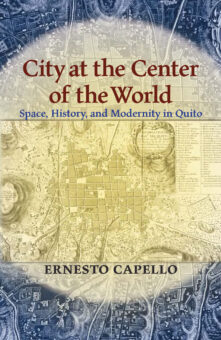
City at the Center of the World
Space, History, and Modernity in Quito
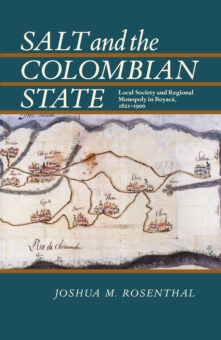
Salt and the Colombian State
Local Society and Regional Monopoly in Boyaca, 1821-1900
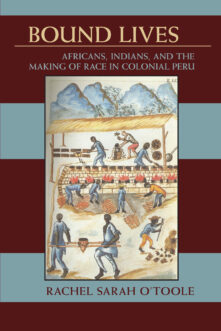
Bound Lives
Africans, Indians, and the Making of Race in Colonial Peru
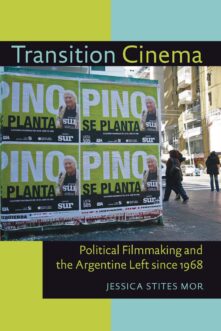
Transition Cinema
Political Filmmaking and the Argentine Left since 1968
Total 74 results found.


